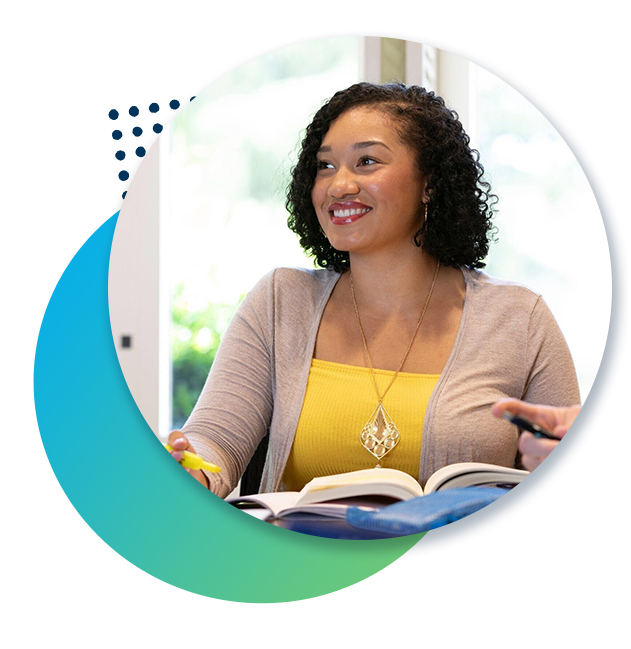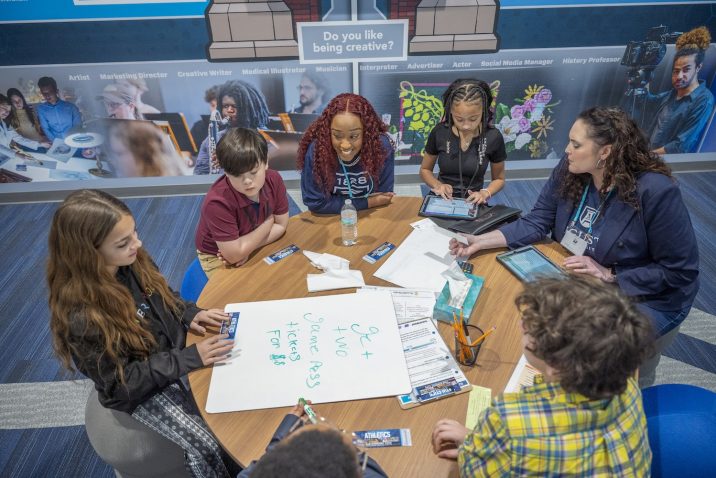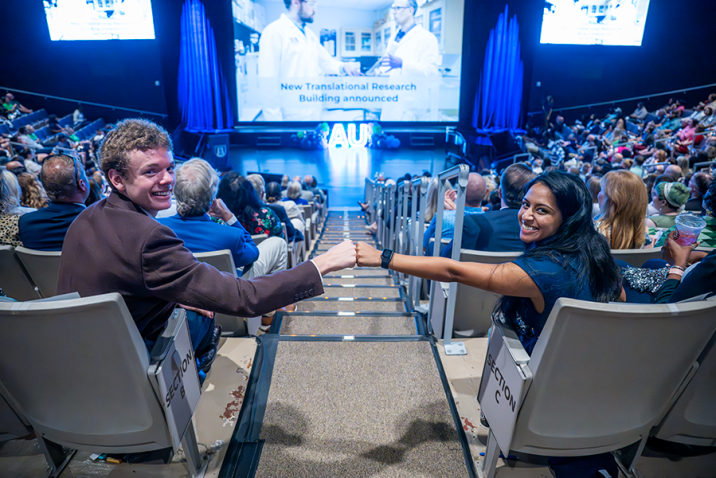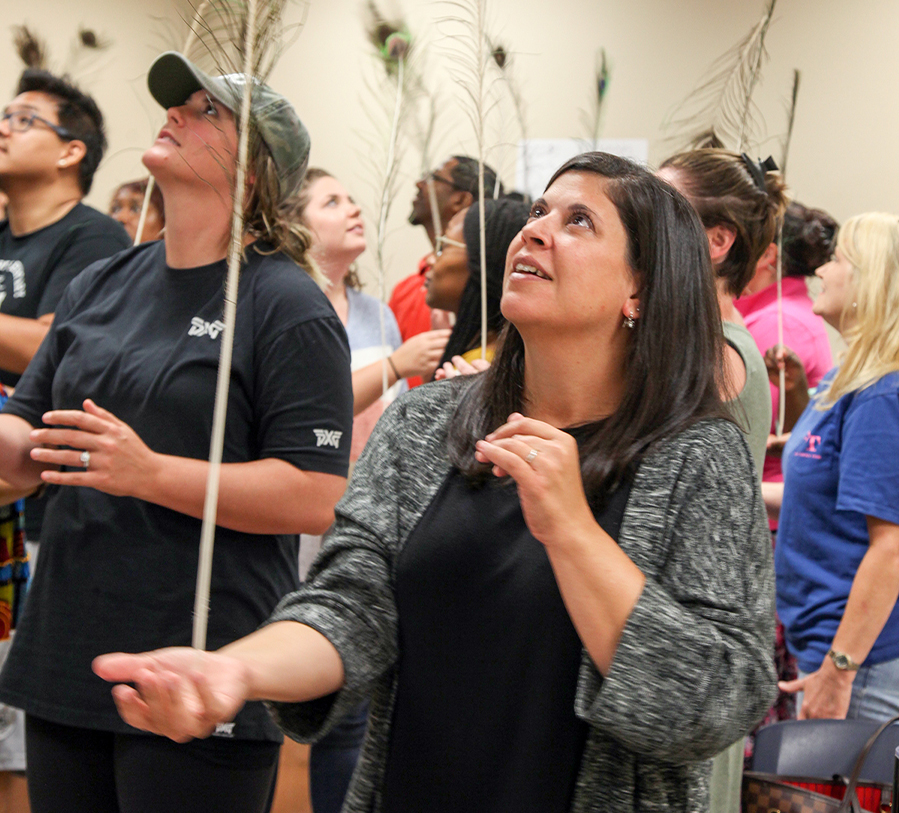Elementary Education
Are you someone with a passion for influencing young lives? Do you see yourself teaching elementary school kids the fundamental lessons that will inspire them to be even more than they dream they can be?
Then this is the program for you. The Elementary Education program through the College of Education and Human Development’s Department of Teaching and Leading prepares students for a fulfilling career in education.
At Augusta University, you’ll receive an education with mentorships and experiences that give you the knowledge and classroom experience you need to be successful in a classroom of your own and the support after you graduate to help you continue to learn and grow as an educator.
Elementary Education is for you if you consider yourself
Life-Changing
Life-Saving
Education
Want to learn more about the Elementary Education program at Augusta University?
Request InfoWhat You'll Study
Coursework
In the Elementary Education program, you’ll take courses in the elementary school curriculum as well as courses in classroom management, STEAM education and special education. You’ll also be placed with selected master teachers for a full semester of student teaching.
Experience-based Education
Outside the Classroom
The Inspiring Men of Color initiative responds to the lack of racially diverse educators — particularly male educators — by providing inspiration and motivation to attract minority males into the field of education.
Partnerships with local schools allow college and partner school faculty to co-teach classes that provide the latest information regarding changes in standards and county and state initiatives.
The Induction Collaborative helps local school districts support our graduates during their first years as teachers, ensuring new teachers receive the advice and assistance they need to feel comfortable in the classroom.
Research & Innovation
Whether you’re an undergraduate or graduate student, you’ll have opportunities to create your own research projects or work with faculty to tackle some of the world’s most complex and pressing challenges.
Professional Learning
Educators never stop learning, and our wide variety of professional learning opportunities — from workshops to conferences to certifications and courses — ensures our students, faculty, staff and alumni are always exposed to the latest techniques and information.
Military Friendly
Through counseling and referral services, the Troops to Teachers program assists transitioning service members and veterans with pursuing a career in education.
Clubs & Organizations
Student organizations are an important part of learning and support, and we’ve got a lot of them, from honor societies to kinesiology clubs to a student ambassador program, where select students represent the college to incoming freshmen.
Your Future
Career Options
With a Special Education degree, you leave college with the knowledge and experience to teach students with special needs in grades prekindergarten through 12.
According to the U.S. Bureau of Labor Statistics, the median income for Special Education teachers is $61,820 per year.

Why Augusta?
Partnerships with local schools mean your hands-on classroom experience is mentored by master teachers invested in your success.
Opportunities for engagement with like-minded students and experts in the field maximize your preparation and increase your level of success.
Continuing support after graduation makes those first few years in the classroom less stressful and more successful.

AU earns Carnegie Elective Classification for Community Engagement
AU earns Carnegie Elective Classification for Community Engagement


